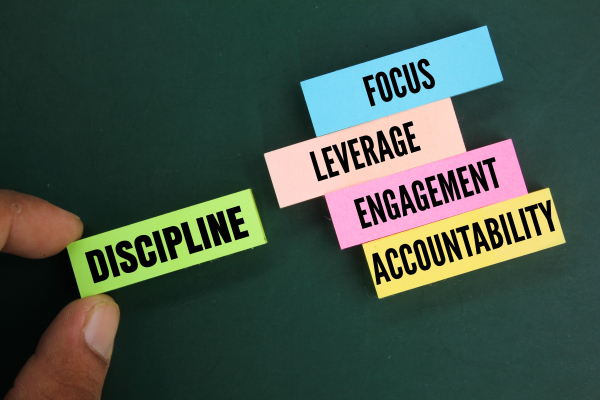- Europa
-
- Amstetten(7)
- Bad Schallerbach(1)
- Baden(4)
- Berg(1)
- Braunau am Inn(5)
- Bregenz(3)
- Bruck an der Mur(1)
- Graz(4)
- Hartberg(1)
- Innsbruck(5)
- Kemmelbach(1)
- Kitzbühel(4)
- Klagenfurt(5)
- Krems an der Donau(1)
- Kufstein(5)
- Leibnitz(1)
- Lienz(1)
- Liezen(1)
- Linz(5)
- Oetz(1)
- Punitz(1)
- Radstadt(1)
- Salzburg(5)
- St Polten(2)
- Steiermark(1)
- Steyr(1)
- Steyregg (1)
- Traun(3)
- Vienna(26)
- Villach(5)
- Völkermarkt(1)
- Wels(5)
- Wien(1)
- Wiener Neustadt(4)
-
- Aalst(1)
- Aarschot(2)
- Affligem(1)
- Anderlecht(5)
- Antwerp(11)
- Antwerpen(1)
- Arlon(6)
- Ath(2)
- Aubange(5)
- Bastogne (2)
- Blankenberge (1)
- Bruges(5)
- Brussels(15)
- Charleroi(5)
- Deinze(3)
- Dendermonde(1)
- Diest(2)
- Etterbeek(5)
- Geel(1)
- Genk(5)
- Gent(6)
- Geraardsbergen(1)
- Grimbergen (2)
- Hasselt(5)
- Heusden- Zolder(2)
- Ieper(1)
- Izegem(1)
- Knokke(4)
- Kortrijk(2)
- La Louviere(2)
- Leuven(5)
- Liege(4)
- Limburg(4)
- Lommel(1)
- Mortsel(1)
- Oostende(1)
- Turnhout(1)
-
- Chelyabinsk(1)
- Dubna(4)
- Gelendzhik(1)
- Irkutsk(1)
- Kaliningrad(1)
- Kazan(4)
- Krasnodar(3)
- Krasnoyarsk(1)
- Maykop(1)
- Moscow(50)
- Nizhny Novgorod(4)
- Novosibirsk(1)
- Omsk(1)
- Penza(1)
- Rostov-on-Don(2)
- Saint Petersburg(13)
- Samara(1)
- Saratov(1)
- Serpukhov (2)
- Sevastopol(3)
- Sochi(5)
- Stavropol(1)
- Surgut(1)
- Tyumen(2)
- Ufa(2)
- Vladivostok(3)
- Yekaterinburg (11)
-
- Alicante(8)
- Barcelona(113)
- Benalmadena(1)
- Benidorm(7)
- Castellón de la Plana(1)
- Denia(1)
- Estepona(1)
- Fuengirola (3)
- Ibiza(49)
- Jerez de la Frontera(1)
- Lanzarote(1)
- Las Palmas de Gran Canaria(5)
- Madrid(57)
- Malaga(9)
- Marbella(48)
- Murcia(1)
- Oviedo(1)
- Palma de Mallorca(48)
- Puerto Banus(3)
- Seville(1)
- Tarragona(1)
- Tenerife(7)
- Torrevieja(3)
- Valencia(9)
- Vigo(1)
- Zaragoza(1)
- Worldwide
6 Facts about Self-Discipline
 One reason people fail to live the lives they desire is the lack of inner discipline. Another is not understanding how habits and skills function. Our goal today is to address both issues.
One reason people fail to live the lives they desire is the lack of inner discipline. Another is not understanding how habits and skills function. Our goal today is to address both issues.Self-discipline is the ability to adhere to one’s own intentions. For instance, you decide to start running. Self-discipline is making the choices that allow you to stick to this decision despite external or internal obstacles. It’s about choosing what you want most over what you want right now.
Even if you don't feel like running because it's cold or you're not in the mood, you still choose to run for the sake of feeling good later and for better health in the future. Success in any endeavor requires self-discipline more than motivation.
Motivation is tied to emotions, which we cannot directly control. We feel motivated sometimes and not others, and that's okay. It's not necessary when we have intentions and self-discipline. Some people believe they don’t do important things because they lack self-discipline. In reality, they may be highly skilled in procrastination, forgetting, devaluing, self-justification, and neglecting their intentions.
No one is born disciplined. But no one is born prone to abandoning intentions, giving up, breaking promises, or postponing important tasks either. These are behaviors we learned through upbringing and personal experience. The brain can develop both self-discipline and undisciplined habits through repetition.
If you intend to run daily but "forget" five times a week and only manage twice, guess which habit you're reinforcing? One does not exclude the other; we can develop both undisciplined and disciplined habits. The question is what we choose in the moment when it’s time to go for that promised run.









